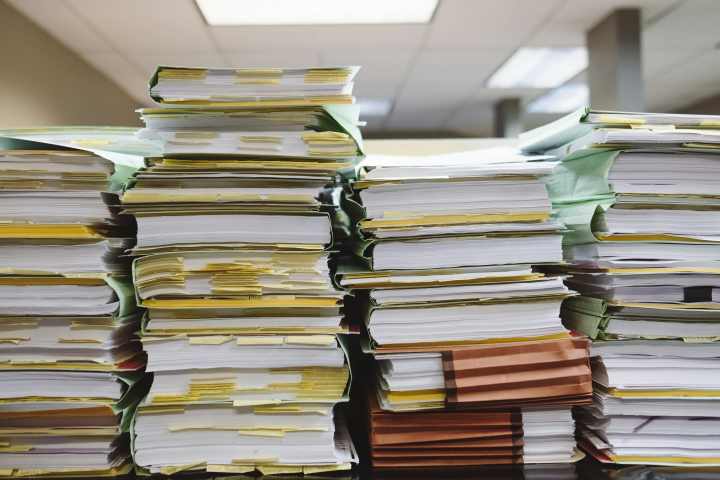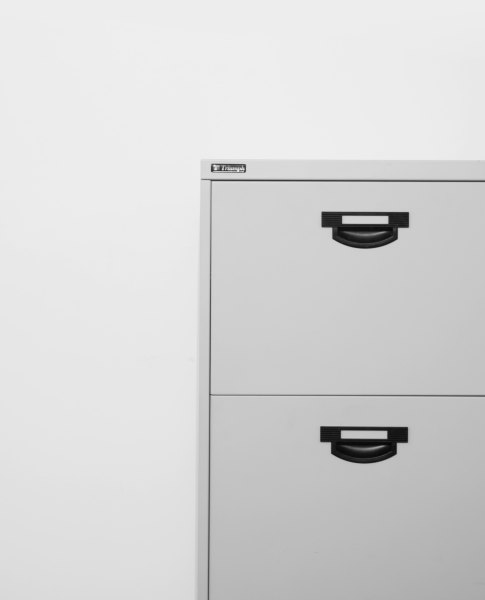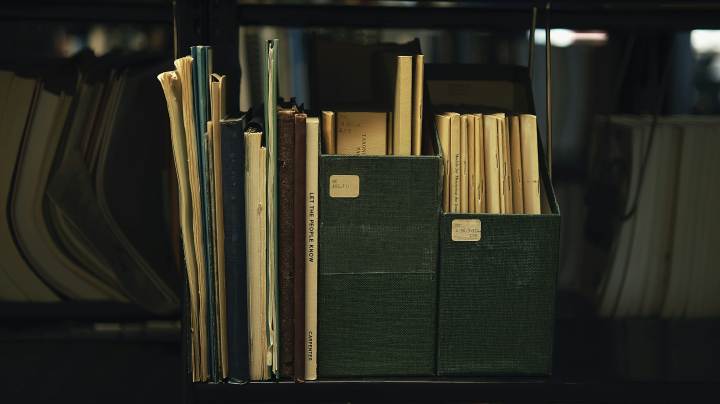In today’s digital age, much of our information is stored electronically. However, there are still plenty of important physical documents that require safe storage - such as birth certificates, marriage licenses, property deeds, tax records, and wills. Whether you’re organizing your home or decluttering your office, ensuring the security of your essential papers is crucial.
Here are some valuable tips for storing your important documents so they remain safe, accessible, and in good condition for years to come.

Choose the Right Storage Location
One of the first steps in protecting your documents is selecting a storage spot that is dry, cool, and away from direct sunlight. High humidity can lead to mold, while heat and light can cause paper to become brittle or discolored. An ideal storage space is indoors, away from temperature fluctuations - such as a temperature-controlled self-storage unit.
Invest in a Fireproof Safe
Even in a secure environment, accidents can happen. A fireproof safe is a smart investment for protecting documents from unforeseen disasters such as fires, floods, or break-ins. These safes come in various sizes and can keep your most sensitive documents secure and accessible only to you.

Use Protective Folders or Envelopes
Before storing your papers, place them in archival-quality folders or envelopes. These are made from acid-free materials that will prevent the paper from deteriorating over time. Avoid using rubber bands or paper clips as they can cause tears, indentations, or rust marks.

Opt for Digital Backup
While physical documents are often necessary, it’s a good idea to have a digital backup for added security. Scan your important papers and store them on an encrypted external hard drive or in a secure cloud storage service. This way, if the originals are lost or damaged, you still have copies.

Label and Organize
Label your files clearly and keep them in an organized system. This could be by category (e.g., financial records, personal identification, legal documents) or by date. Clear labeling will make it easier to find specific documents when needed and prevent unnecessary searching through piles of paper.
Regularly Update and Purge
Set a schedule to review your stored documents at least once a year. This ensures you’re not keeping unnecessary paperwork, which can clutter your storage space. Shred outdated documents such as expired insurance policies or bank statements that are no longer needed. Only keep what’s vital.

Storing your important papers properly is not only about protecting them from damage but also about making them accessible when you need them. By following these steps and considering options like a self-storage unit for long-term preservation, you’ll have peace of mind knowing that your valuable documents are safe, secure, and well-organized.
